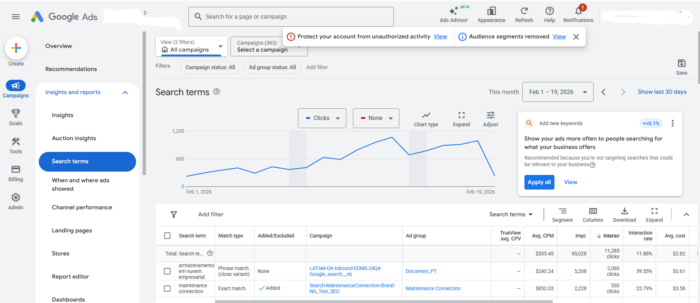What's in store for remote work and RTO in 2025: 'Hybrid will be dominant,' says expert
Some CEOs hope renewed RTO efforts will get workers into offices full-time, but experts warn mandates could drive quitting and disengagement.

With the new year comes new goals, and for some CEOs that includes issuing fresh return-to-office mandates for their workers.
In recent months, companies like Amazon, AT&T, Boeing, Dell and Walmart have called select staffers into the office five days a week.
RTO marching orders reached the White House after President Donald Trump signed an executive order directing all department and agency heads in the executive branch to "terminate remote work arrangements" and require workers report to offices full-time "as soon as practicable." Shortly after, the Trump administration offered buyouts to nearly all civilian federal workers to quit by Feb. 6.
The trend could trigger waves of quitting and disengagement at work, though, experts warn, especially among high performers.
RTO can drive star employees to quit
Nearly half, 46%, of hybrid and remote workers said they would be unlikely to stay in their job if their employer called them back to offices full-time, according to a Pew Research Center survey of more than 5,200 people in October.
Some companies may hope that work-from-home holdouts will quit rather than comply. Companies that plan to cut hiring significantly are more likely to impose RTO mandates than expand remote-work opportunities, according to research from ZipRecruiter; they also report higher turnover rates.
In the past, the workers most likely to quit after the institution of an RTO mandate tended to be highly skilled and tenured star employees, according to research from the University of Pittsburgh.
The study, which analyzed companies in the S&P 500, found firms that cut workplace flexibility experienced "abnormally high turnover," especially among women, senior and skilled employees. These companies took "significantly longer" to fill vacancies and saw their hire rates "significantly decrease," researchers noted.
Workers who remain become more likely to 'do the minimum'
Thanks to a tougher job market for workers than a few years ago, those who want to quit but don't have anywhere to go are likely to stay and be a drain on worker engagement, says Mark Ma, an associate professor of business administration at the University of Pittsburgh.
"I might try to do the minimum so I won't be fired, then start looking for the next job. And once I find a better position, I will leave," Ma says. "So it's not an ideal situation for the employer."
A better approach to reducing headcount is to conduct targeted layoffs of lower performers, Ma says.
As of October 2024, a majority of workers, 53%, said finding a new job they want would be difficult, up from 37% of people who felt that way in 2022, according to Pew data.
That's unlikely to entirely deter the nearly half of workers who would try to quit given stricter RTO mandates from their company. "It shows how much they really do value the flexibility that comes with hybrid work," says Kim Parker, director of social trends research at Pew Research Center.
Companies with flexible schedules likely to stay the course
Generally, Ma expects "some form of hybrid will be dominant, rather than a five-day return-to-office."
Of the S&P 500 firms he and his co-researchers studied in 2024, just 10 announced full-time returns for some of its staff throughout the year, he says.
"Based on the data we are observing, I do not think the majority of companies will do that," he says. "Most firms have already figured out their hybrid policy by now. Unless something goes wrong, I don't think they will try to change that position."
While 31% of businesses reduced remote-work options in 2024, 33% expanded them, according to ZipRecruiter data compiled from more than 2,000 hiring managers.
Bigger companies may have more leverage to issue RTO requirements because they can offer more money and still attract a larger candidate pool, Ma says. However, smaller companies that can't offer as competitive pay might instead offer more flexibility as a non-salary benefit to attract hires.
"Not many small firms are following," Ma says.
Want to up your AI skills and be more productive? Take CNBC's new online course How to Use AI to Be More Successful at Work. Expert instructors will teach you how to get started, practical uses, tips for effective prompt-writing, and mistakes to avoid. Pre-register now and use coupon code EARLYBIRD for an introductory discount of 30% off $67 (+ taxes and fees) through February 11, 2025.
Sign up for CNBC Make It's newsletter to get tips and tricks for success at work, with money and in life.


 Kass
Kass 
































